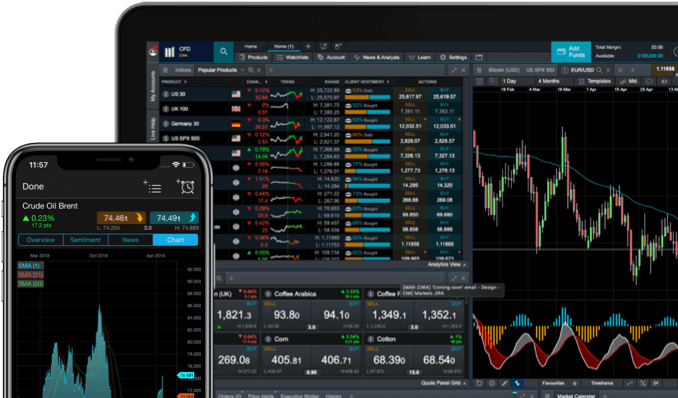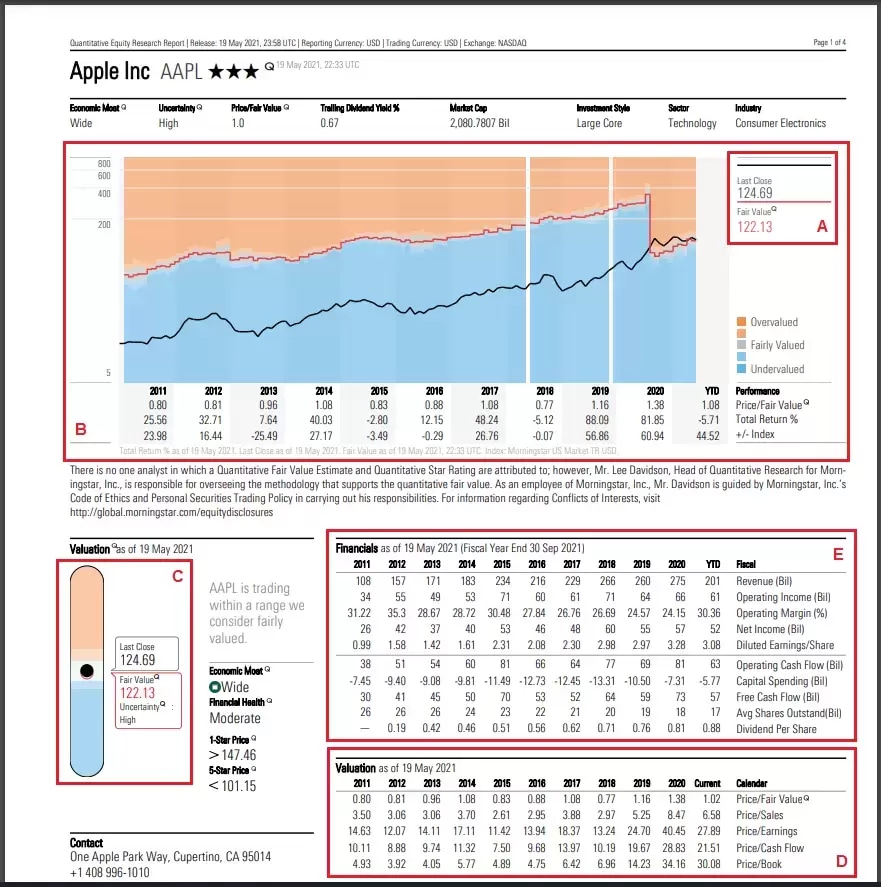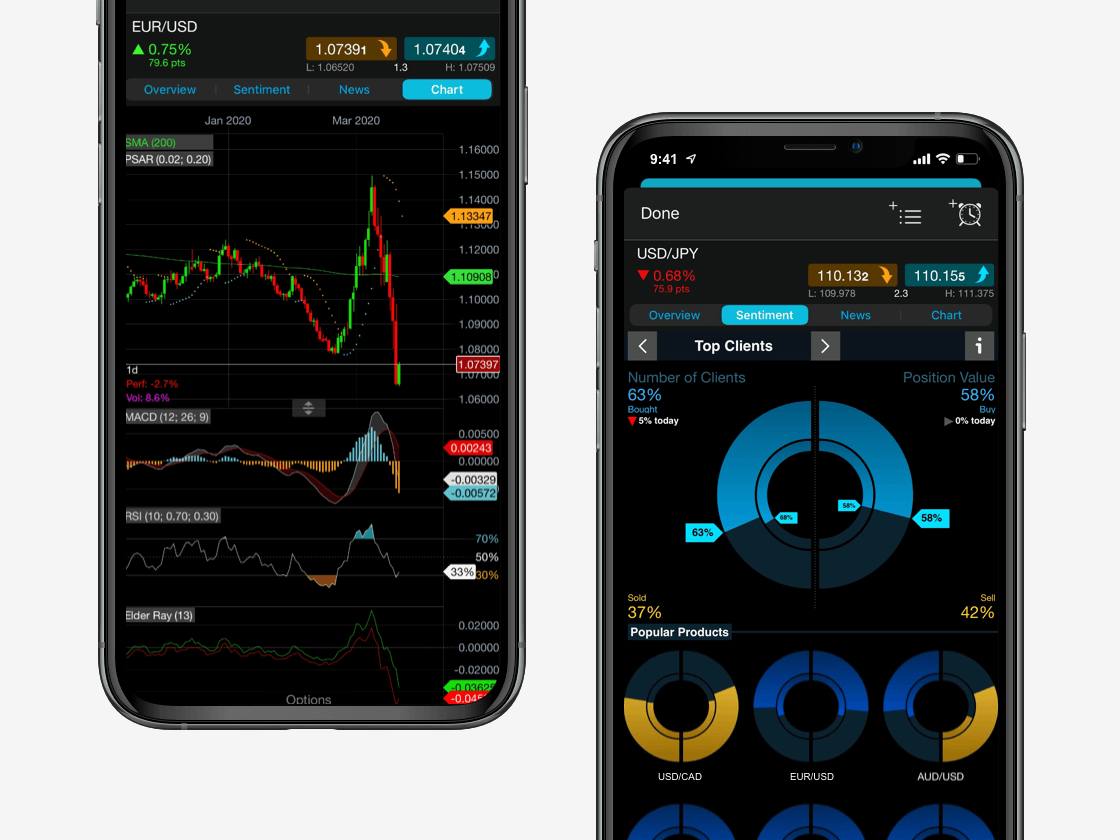Equity research reports tend to include all the current cash fundamentals for a share, along with a series of value estimates, to reveal what the share could be worth versus its current underlying price. In this case, these value estimates are determined using Morningstar's proprietary calculations and metrics. The quantitative equity research provided in the Morningstar reports is automated and uses a universal rule-based metric system to generate all its value estimates. This feature doesn't offer tailored investment advice or personal analysis; it does however provide a simple yet effective summary of the latest data releases impacting each share, and applies the same value logic to each one.
Spread bets and CFDs are complex instruments and come with a high risk of losing money rapidly due to leverage. 69% of retail investor accounts lose money when spread betting and/or trading CFDs with this provider. You should consider whether you understand how spread bets, CFDs, OTC options or any of our other products work and whether you can afford to take the high risk of losing your money.


















